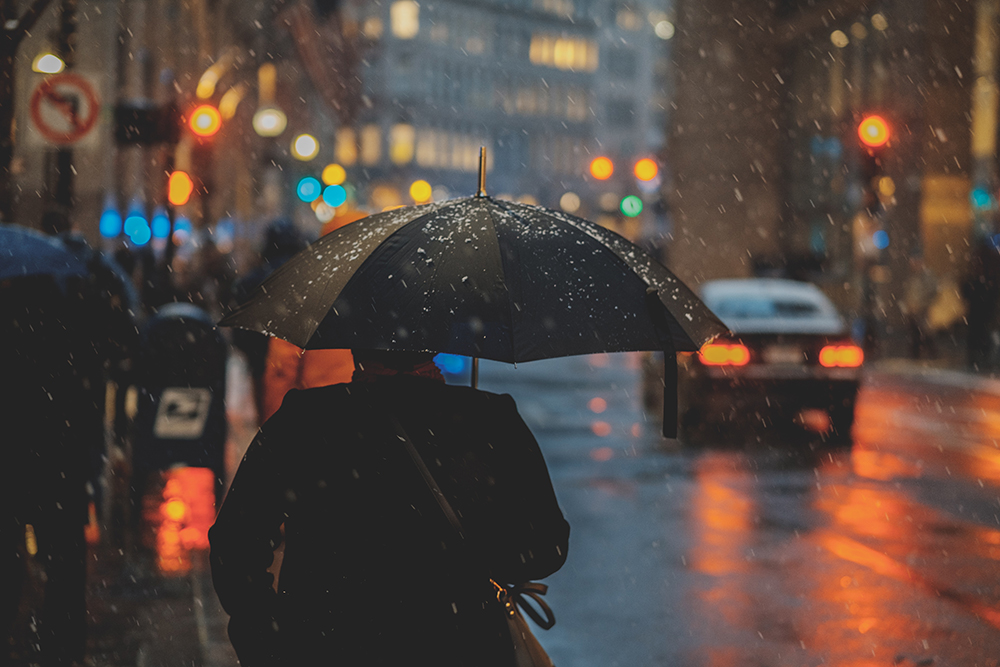Coronavirus US: Pandemic prompts most unstable era in US history
COVID-19 is more than a pandemic. It’s a trigger that has released decades of pent-up pressures and unleashed “one of the most unstable times in history”.
Sick people can’t work. Dead people can’t pay taxes. Scared people want change. Combined, this presents a looming crisis of unprecedented scale.
It’s a crisis already challenging the United States. Soaring infection rates are disrupting economies, politics, social equilibriums – and the health system.
“We will have hospitals overwhelmed and not only in terms of ICU beds and hospitals – and that’s bad – but exhausted hospital staff and hospital staff that’s getting ill themselves,” a US epidemiologist warned at the weekend.
Dr Peter Hotez, of the Baylor College of Medicine, told CNN this would bring dire consequences across society and the economy.
“We won’t have enough manpower, human power, to manage all of this. (It will become) one of the most unstable times in the history of our country.”
RELATED: Woman gave 71 people virus in 60 seconds
GEOPOLITICAL CONTAGION
“Though the virus will eventually be contained, its effects will last for years,” says Oxford Research Group professor in international security Paul Rogers. “In a post-coronavirus world, patterns of global inequality will likely be even more extreme than they are now, potentially causing substantial future unrest.”
And that unrest is already evident. Citizens are venting their frustrations at a multitude of issues on the streets of cities around the world.
“What worries me … is the fact that this pandemic might bring out the very worst in people … Not just individual nasty reactions to stress, but collective awfulness,” writes University of New South Wales professor of evolution Rob Brooks. “Social science research consistently shows that fear of contagion stokes conservative, authoritarian and often racist impulses.”
RELATED: Mutant virus strain ‘six times’ worse
That battle is already well underway within the world’s social and traditional media. It’s also taking a leading role in international diplomacy.
“Be alert, people, to the germo-xenophobic dog-whistling,” Prof Brooks writes. “This pandemic is only going to get more political, and that can only be a bad thing. It could well overshadow the elevating community spirit, the deep connectedness, and the selfless care that so many people are showing in this challenging moment.”
DENIAL – NOT A GREAT PLACE TO VISIT
The United States may be the canary in the COVID-19 coalmine. It’s suddenly wrestling with multiple internal social crises. Extreme partisan politics. Racial tensions. Underemployment. Discredited institutions. Distrust. Misinformation.
Individually, none of this is new. What is new is it all erupting at once.
“Of course, no one ever thinks their society is on the precipice,” writes Georgetown University professor of international affairs Charles King. “All countries end. Every society has its own rock bottom, obscured by darkness until impact is imminent.”
RELATED: ‘Monstrous’: US in virus ‘free fall’
Self-preservation is a powerful motivator, Prof King argues. Often, that plays out as intractable resistance to change.
“What happens in times of rapid disruption, when economic transition, social evolution, and generational shifts make it impossible for things to go on as before?”
Repression is often an early recourse, he says. But it usually starts out selective. “Prosecuting a writer, say, or dismissing a senior official who has fallen afoul of the leadership,” Prof King said.
Then there’s the drive to be seen to be taking action.
“But one should be sceptical about the degree to which leaders who trumpet reform are in fact committed to enacting it. Governments are good at recognising the faults in other places and times, but they are terrible judges of the injustices built into their own foundations.”
The answer, argues Prof King, is to break out of ideological ruts.
“(By) working systematically through the potential causes of the worst outcome imaginable, one might get smarter about the difficult, power-altering choices that need to be made now … The powerful aren’t accustomed to thinking this way,” Prof King writes.
“In life, as in politics, the antidote to hopelessness isn’t hope. It’s planning.”
HUNGER GAMES
International affairs analysts are warning famine may soon follow the COVID-19 plague.
“There are early indications that one of the worst of all aspects of the impact of COVID-19 in the Global South is a world food crisis that will develop over the rest of the year,” Prof Rogers writes.
Disrupted supply lines. Sick and scared farm workers. Then there’s unemployment. And it’s not just a crisis facing Third World nations. Already, demand at US food banks has been soaring.
Feeding America estimates up to 54 million people face going hungry this year due to unemployment.
Prof Rogers warns food security will become a global problem as supply and distribution networks break down.
“In any case, the food issue is part of a wider problem,” he says. “Many majority world countries have very limited health systems and frequently have megacities that include areas of immensely dense living.”
And economies are experiencing a seismic shift. Many transnational corporations are entrenching their power, he says, especially those in the information, communications and online distribution markets.
“The risk is that this will lead to even greater anger and resentment than we see now, coupled with the rise of extreme movements of revolt,” Prof Rogers says. “If that is to be prevented, we have to work even more intensely for a fairer social and economic order.”
Jamie Seidel is a freelance writer | @JamieSeidel

